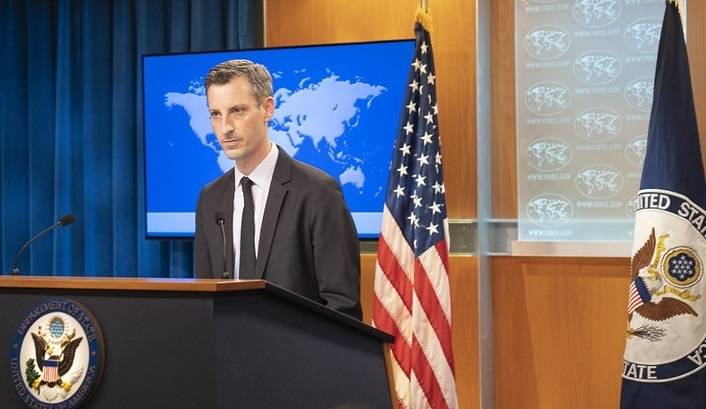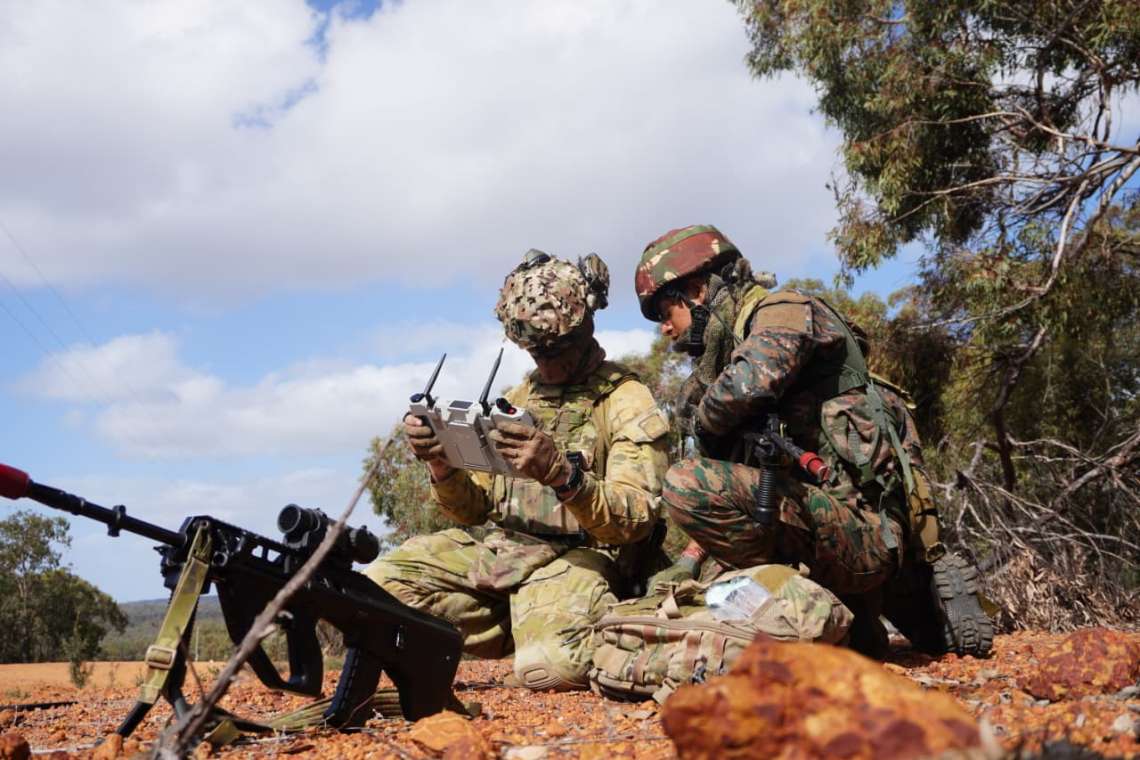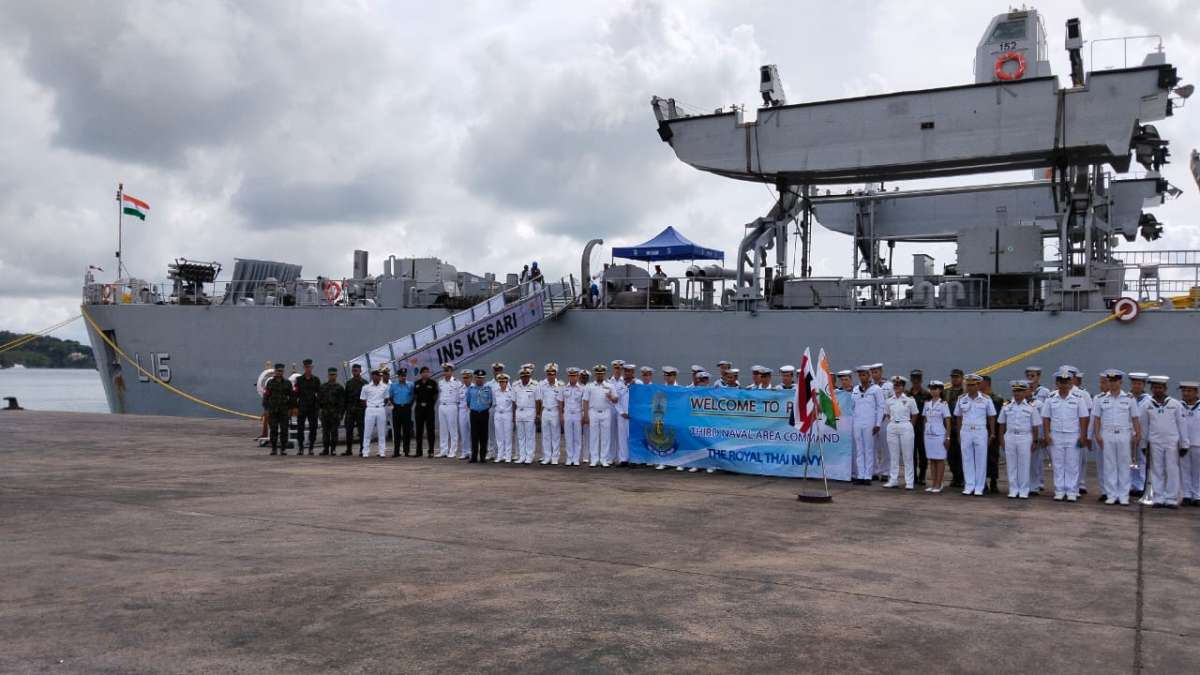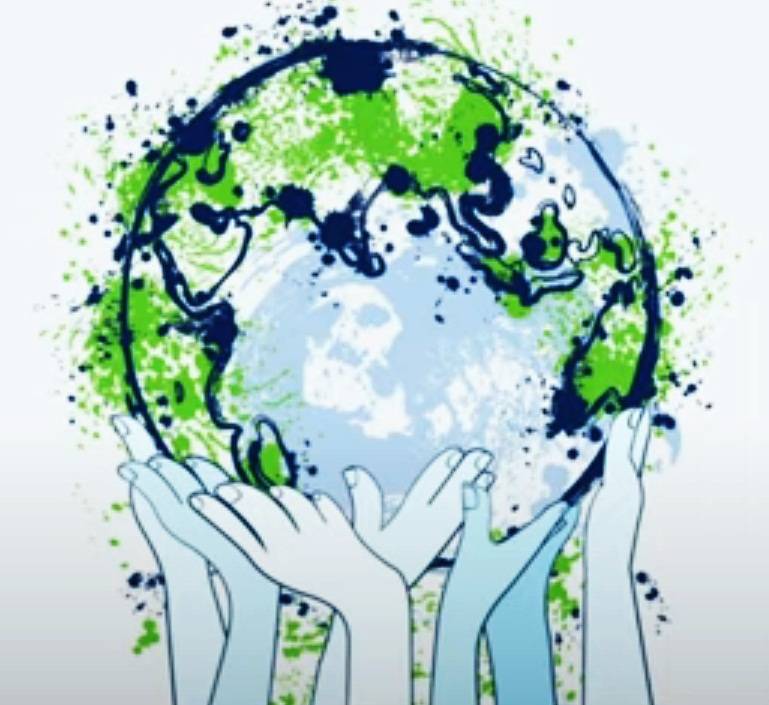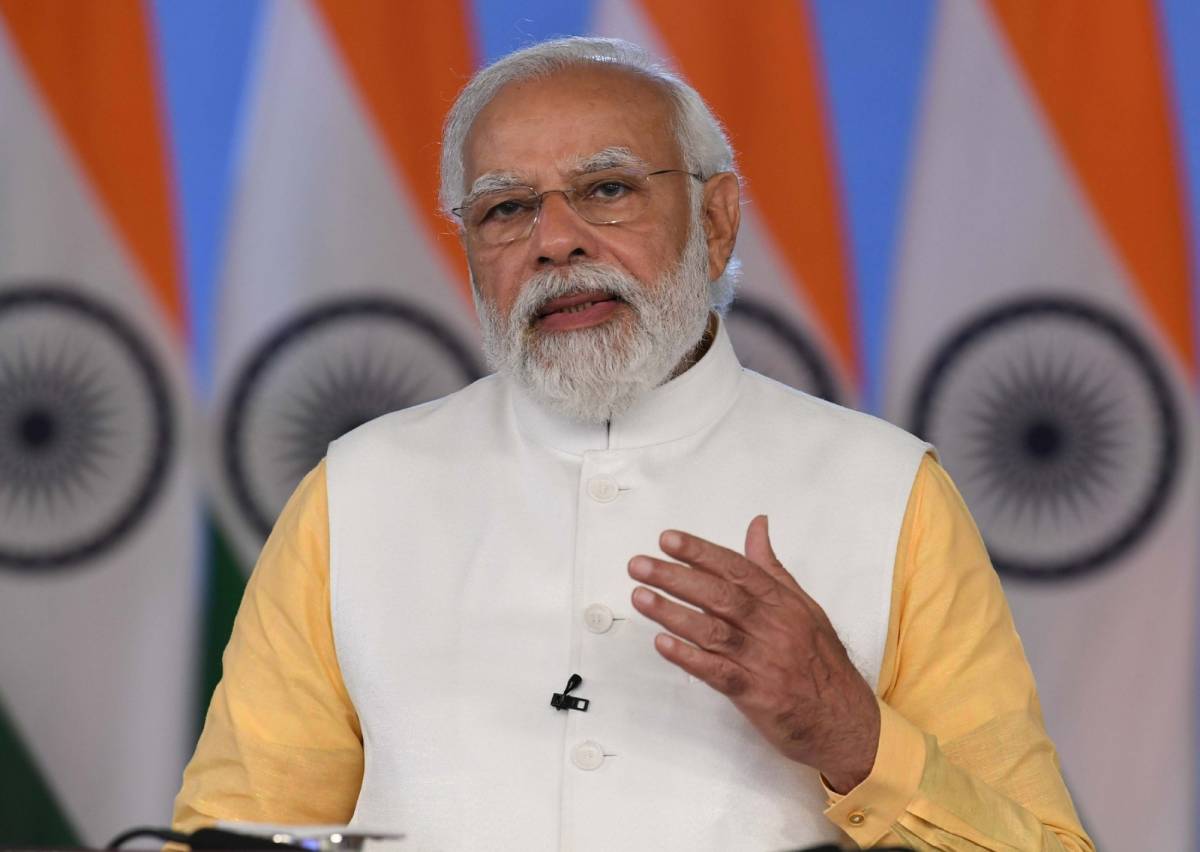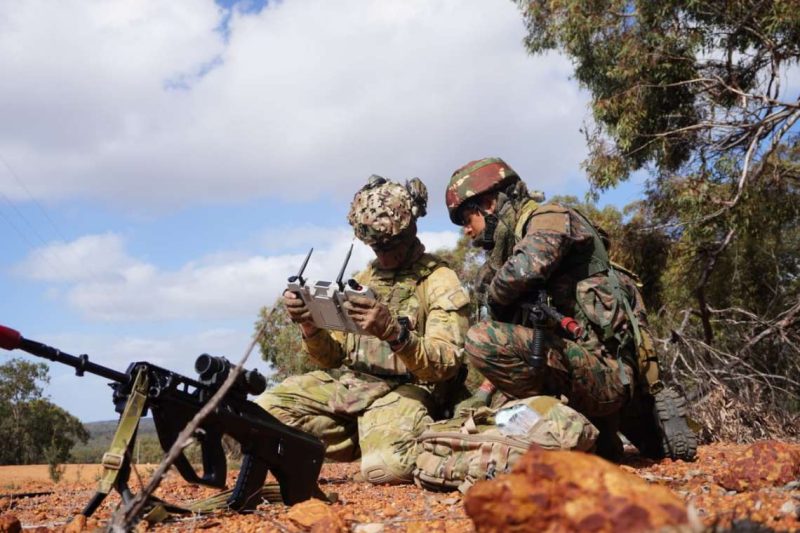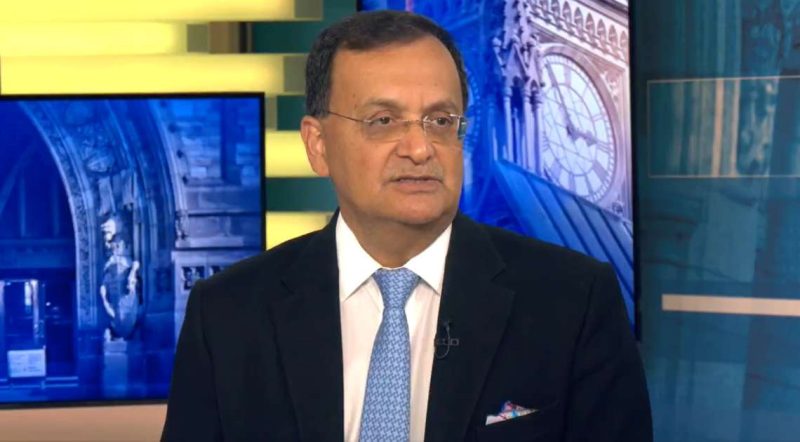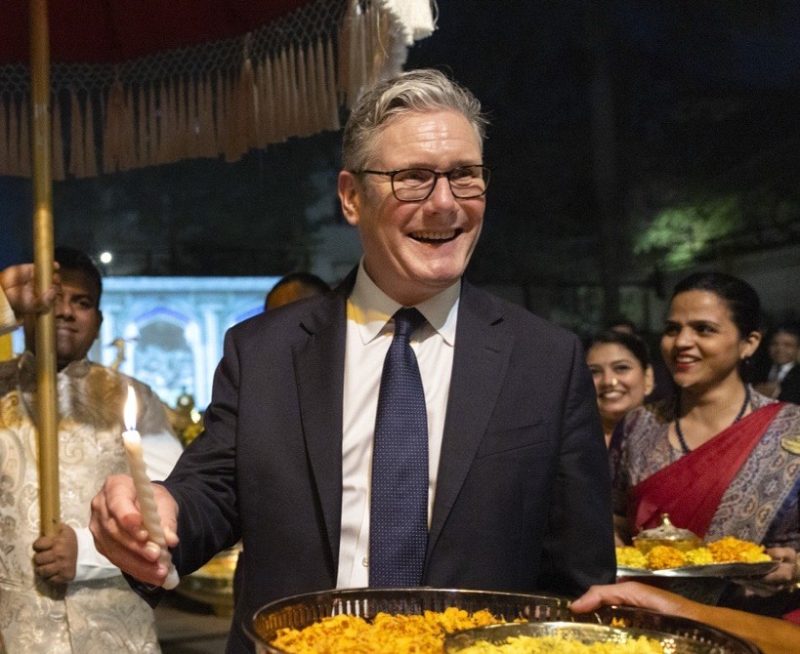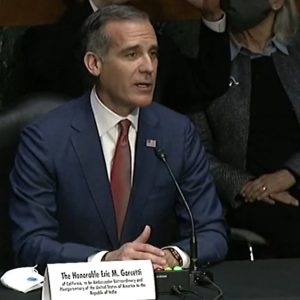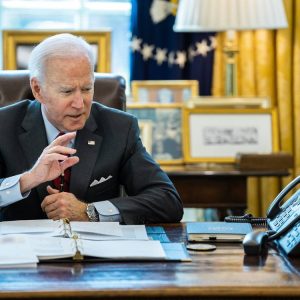Russia is India’s biggest supplier of defence weapons and has provided a ballistic missile submarine to India…reports Asian Lite News
The US has discussed its concerns with India in the aftermath of its abstaining on the United Nations Security Council vote censuring Russia for its invasion of Ukraine and has regular engagement with it, according to State Department Spokesperson Ned Price.
Asked at his daily briefing about India and the United Arab Emirates abstaining on the Council vote, he said, “We have regular engagement with our Indian partners. We have regular engagements with our Emirati partners. We have regular engagement with our European allies and our European partners. So at every level in multiple fora, we have had discussions about this.”
When a Reuters reporter asked him sarcastically, “Are you heartened and gratified by India abstaining and UAE abstaining,” he began to say, “Rather than focus on specific countries, we have heard …” when the reporter cut him off mid-sentence and wouldn’t let him continue telling him, “They are like US allies”.
“Of course, we have a very close relationship with India. We have discussed our concerns, our shared concerns,” Price continued.
Earlier when another reporter tried to get Price to speak specifically about countries that did not vote for the resolution or co-sponsor it, he skirted the question focusing instead on the support it got: “We are comfortable, we are heartened, we are gratified by the fact that the world, the international community, has stood up to speak loudly and clearly in defence of Ukraine’s sovereignty, its independence, its territorial integrity.”
Why is India treading cautiously
India abstained on a UN resolution linked to Russia’s Ukraine invasion for the second time in a week. On Sunday, India abstained on a UN Security Council resolution to call for a rare special emergency session of the UN General Assembly on Russia’s aggression against Ukraine.
New Delhi also welcomed the decision of Moscow and Kyiv to hold talks on the Belarus border.
On Friday night, India abstained on a UNSC resolution to deplore Russia’s aggression, with New Delhi saying dialogue is the only answer to settling difference and expressing “regret” that the path of diplomacy was given up.
So far, India has stopped short of outright condemnation of the Russian invasion. Why is India treading so cautiously on Ukraine?
For India, the Ukraine crisis has been a tightrope walk that has placed it under pressure from “old friend Russia and “new friends in the West”.
Russia is India’s biggest supplier of defence weapons and has provided a ballistic missile submarine to India.
India operates 272 Su 30 fighter jets made in Russia. It has eight Russian-made kilo class submarines and more than 1,300 Russian t-90 tanks.
Despite US pressure, India has been firm on the purchase of the S-400 air defence system, Russia’s most advanced long-range surface-to-air missile system. India signed a $5 billion deal with Russia in 2018 to buy the missile system.
Russia has also stood by India at the UN security council on all issues, officials explain.
India asks citizens to “leave Kyiv today”
As Russian forces continued their advance in Ukraine, shelling cities, India urged all its citizens to leave Ukraine capital Kyiv “urgently today, by trains or any other means available”.
“All Indian nationals including students are advised to leave Kyiv urgently today. Preferably by available trains or through any other means available,” the Indian Embassy in Ukraine tweeted.
The advisory was posted hours after satellite images emerged showing a long convoy of Russian military vehicles on roadways northwest of Kyiv. Hundreds of tanks, towed artillery, armoured and logistical vehicles can be seen in the images released by a US-based space technology company.
Around 16,000 Indian students are still stranded in Ukraine. Many students have shared photos and videos on social media from underground bunkers, metro stations and bomb shelters, where they have been hiding since the Russian attack started last Thursday. Around 8,000 Indian nationals have left till now, the foreign ministry said on Monday.
Several Indian students remain stuck in eastern parts of Ukraine, which is most affected by the Russian military offensive, and they are finding it difficult to travel by road to reach the western borders. Students have also been walking to the borders in sub-zero conditions, hoping to cross over and take a flight home.
Yesterday, the embassy had asked students to go to the railway station in Kyiv, where special evacuation trains have been arranged by Ukraine to take people to the western region. The students were asked to carry their passports, enough cash and proper warm clothing.
“We sincerely request all Indian nationals/students to remain calm, peaceful and united. A large crowd can be expected at the railway stations, therefore, it is advised that all Indian students remain patient, composed and especially not to exhibit aggressive behaviour while at the railway station,” the advisory said, warning students of train delays or cancellations, and long queues.
Many students complained that they were not allowed to board the trains or they were mistreated by officials.
Government sources, however, claimed the embassy ensured the movement of more than 1,000 students from Kyiv towards Western Ukraine yesterday, including around 400 students housed near the Embassy since last week.
“Due to massive overcrowding at the stations, some students were not able to board. Embassy continues to coordinate efforts in coordination with student coordinators so that all Indian students left in Kyiv can move westwards,” sources said.
Indian students are being moved to Hungary, Poland, Romania, Slovak Republic – all nations which share a border with Ukraine – before they are brought back to India under Operation Ganga.
Russia started military operations against Ukraine on Thursday morning after months of tension over the former Soviet republic’s proximity to NATO.
ALSO READ-‘Gap between support, aspiration to combat climate change’


